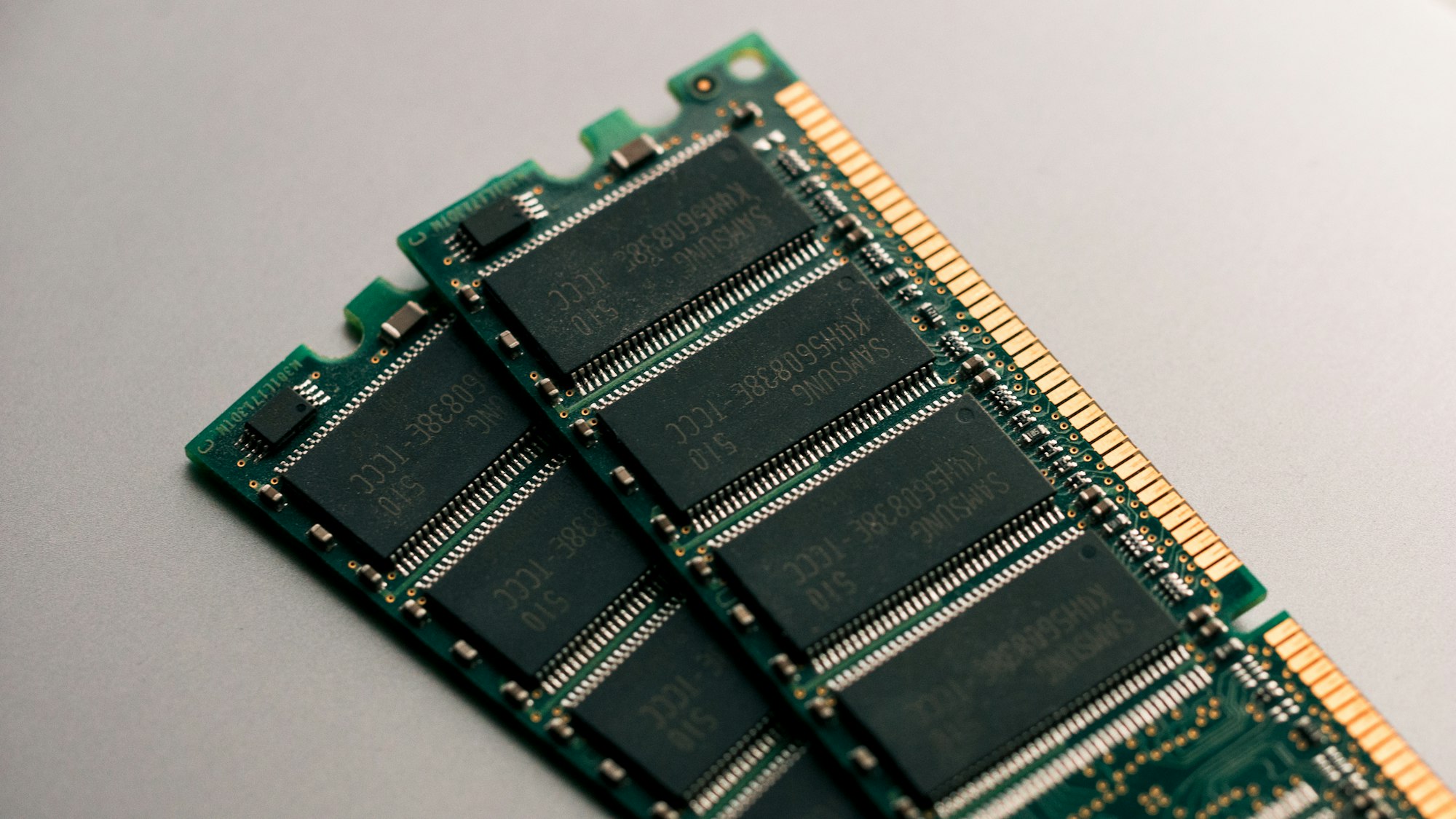What is a variable in programming
As a software developer, one of the fundamental concepts that you'll encounter on a daily basis is the variable.

In computer programming, a variable is an abstract storage location paired with an associated symbolic name, which contains some known or unknown quantity of information referred to as a value; or in simpler terms, a variable is a container for a particular set of bits or type of data (like integer, float, char, string, etc).
In the world of programming, a variable is a named container that can hold a value or a reference to a value. These values can range from simple data types, such as integers and strings, to more complex data structures, such as arrays and objects.
The concept of a variable is essential in programming because it allows developers to manipulate data and perform operations on it. For example, if we wanted to add two numbers together, we could create two variables to hold the values of those numbers, and then add them together using a mathematical operation.
Variables can also be used to store the results of operations or to track changes in the state of a program. For example, if we were building a game, we could use a variable to track the player's score or the number of lives they have left.
Another critical aspect of variables in programming is their scope. The scope of a variable determines where it can be accessed and manipulated within a program. Variables can have either local or global scope, depending on where they are defined. Local variables are defined within a specific block of code and can only be accessed within that block. In contrast, global variables are defined outside of any block and can be accessed from anywhere within the program.
While variables may seem like a simple concept, they are a crucial building block of programming. Understanding how variables work and how to use them effectively is essential to writing clean, efficient, and maintainable code.
In conclusion, variables in programming are named containers that can hold a value or a reference to a value. They are used to manipulate data, track changes in the state of a program, and store the results of operations. By understanding the concept of variables and their scope, developers can write clean, efficient, and maintainable code that can be easily understood and maintained over time.